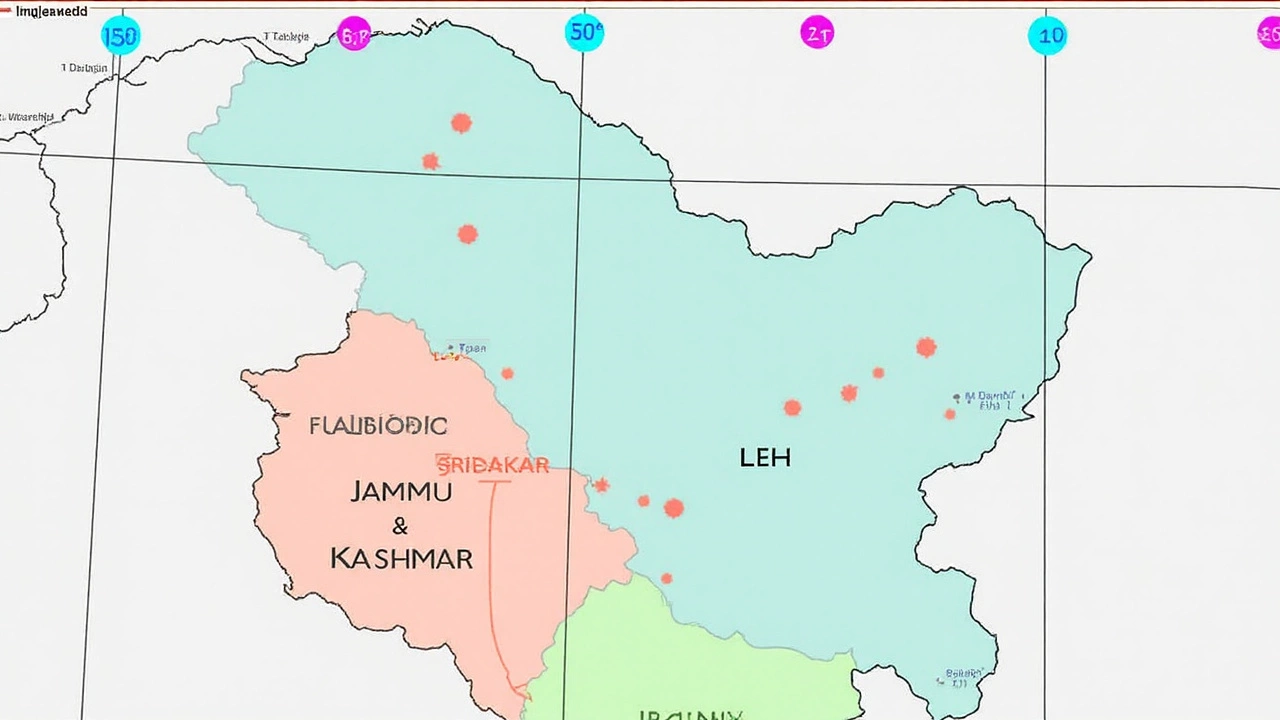Article 370: What It Was, Why It Changed, and What It Means Today
When you hear "Article 370" most people think of the buzz around Jammu and Kashmir. It’s a clause that gave the state special powers under the Indian Constitution. In plain terms, it let J&K run its own laws on many issues while the rest of India followed the same rules. That special status made the region different from every other state.
Why was it added in the first place? Back in 1949, India had just become independent and J&K’s ruler signed an agreement to join the Union. The clause was a compromise – a way to respect the state's unique circumstances while still keeping it in India. So, for over seven decades, the state could have its own immigration rules, land ownership laws and even a separate flag.
How the Revocation Happened
On August 5, 2019 the government announced that Article 370 was being repealed. The move came through a presidential order and a parliamentary resolution that changed the constitution. Suddenly, J&K fell under the same laws as the rest of the country. The decision sparked protests, legal battles and a lot of heated debate.
Supporters say the change will bring development, better jobs and a uniform legal system. Critics argue it was done without consulting the local people and that it could hurt the region’s cultural identity. The real impact is still being felt – new businesses are opening, but internet cuts and security measures also affect daily life.
What It Means for You Today
If you live in or plan to visit Jammu and Kashmir, the revocation changes a few practical things. You can now buy land as a non‑resident, and Indian citizens from other states can settle there more easily. On the flip side, the region’s political climate is still sensitive; any news about protests or curfews can affect travel plans.
For students and professionals, the removal of the special status means the same educational and job regulations apply everywhere in India. That can open up more opportunities, but it also means competition from across the country is tougher.
Overall, Article 370 was a unique part of India's constitutional story. Its removal has reshaped how the government, businesses and ordinary people interact with Jammu and Kashmir. Whether you see it as a step forward or a setback, it remains a hot topic in Indian politics and will likely influence policy debates for years to come.

The Supreme Court will review a crucial petition on August 8, 2025, about restoring Jammu and Kashmir's statehood, which was lost in 2019 after Article 370 was scrapped. Petitioners argue the current Union Territory status breaches federalism and strips locals of democratic rights.
